0150 Hrs GMT London Thursday 28 May 2009: KHOODEELAAR! evidential replay [2] of analysis by the ECONOMIST magazine in effect echoing the KHOODEELAAR! diagnosis made and published over the previous 5 years and 5 months by KHOODEELAAR!
Crossrail v the Tube
Projects at war
May 21st 2009
From The Economist print edition
A long-postponed new railway threatens London’s Underground

CROSSRAIL, a planned cross-London train service that would link Maidenhead in the west with Shenfield in the north-east, relieving the city’s crammed underground-railway lines, is a standing joke. First mooted in 1974, it has become, like New York’s long delayed Second Avenue subway, a byword for false dawns, postponed promises and governmental vacillation.
The joke may finally be over. On May 15th Gordon Brown joined Boris Johnson, London’s mayor, to mark the beginning of construction on a £500m station beneath the Isle of Dogs, near one of London’s two financial districts. “Many people said it would never be built,” crowed the prime minister. “But today we are celebrating a defining moment for London, as Crossrail’s construction gets under way.” The £15.9 billion project, supposedly the biggest in Europe, is scheduled to be up and running by 2017.
Its birth has been difficult, as well as delayed. The funding package is tortuous. Transport for London (TfL), the capital’s devolved transport operator, and the Greater London Authority are contributing £7.7 billion in total, including £3.5 billion from a special surtax on London businesses. Around £5.6 billion will come from the central-government Department for Transport, and a few hundred million is expected from each of the Corporation of London (the City’s local government), Canary Wharf (a big property developer) and BAA (which runs the capital’s airports). Network Rail, in charge of Britain’s rail infrastructure, will top it all off with £2.3 billion.
Despite Mr Brown’s assurances, the funding for Crossrail is not yet guaranteed. The business levy relies on legislation currently passing through Parliament. Worried about a legal challenge to his plans, Mr Johnson has asked ministers for specific assurances that he can proceed with the tax without polling the firms concerned. And on May 20th he said he was considering asking the central government to make firms outside London contribute too, a move that is unlikely to be popular.
Such wrinkles will doubtless be ironed out. But Tony Travers, a Crossrail-watcher at the London School of Economics, worries that if the project does go ahead, it could be at the expense of London’s other big transport undertaking, the 30-year public-private partnership (PPP) to upgrade the city’s clanking Underground. It is already in trouble: Metronet, the firm responsible for two-thirds of the job, went bust last year. Its work was taken over by TfL, at a cost that is still unknown. And in September the contract regulator estimated that the price of the work due to be carried out between 2010 and 2017 by Tube Lines, the remaining contractor, was £1.4 billion more than TfL had thought.
These budget worries are causing headaches. A Whitehall bail-out of TfL looks unlikely in these straitened times (and in any case, the Treasury has already had to pay £1.7 billion to the creditors of Metronet, 95% of whose debt the government guaranteed). Crossrail cash could probably be diverted to prop up the Tube instead. Mr Johnson has insisted that Crossrail and the PPP are “co-equal” priorities, but Tim O’Toole, London Underground’s influential (and recently departed) boss, is thought to have argued forcefully that the Tube should take priority.
So which project will suffer? Either, or both. The recession has halted the growth of passenger numbers on the Tube. This reduces the urgency to build Crossrail (and further weakens TfL financially, since planned increases in fare revenues will not happen). On the other hand, cutting back or delaying Crossrail yet again would be acutely embarrassing, and its delicate financial arrangements would probably not survive a call for more cash later. Paring down the PPP contracts and hoping that Tube passengers don’t notice the absence of improvements they never enjoyed could prove more attractive.



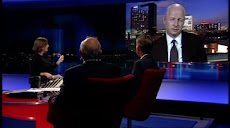

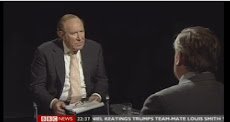
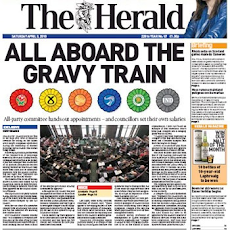
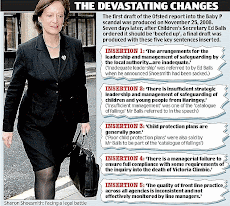

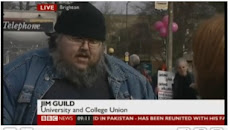
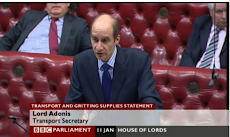





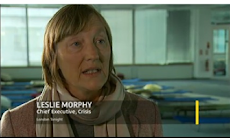


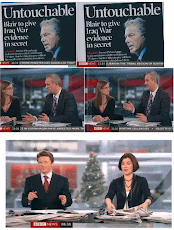
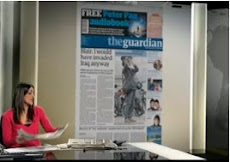

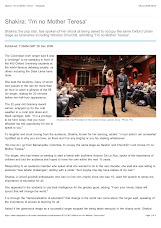
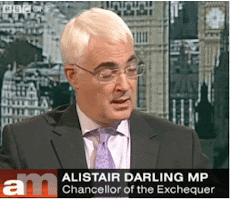
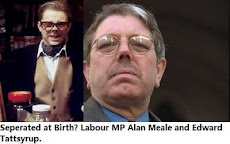
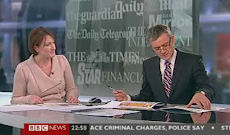
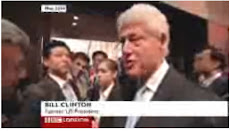
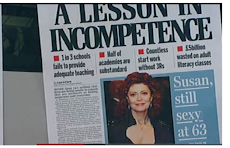

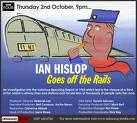

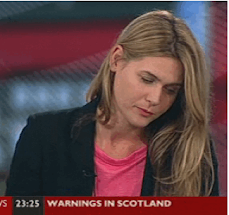


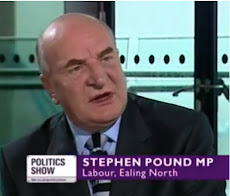

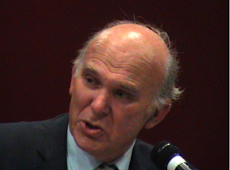

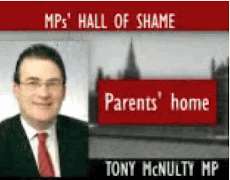
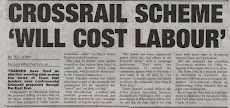
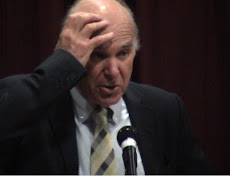
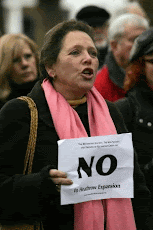

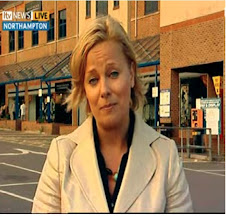
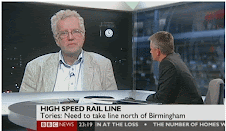
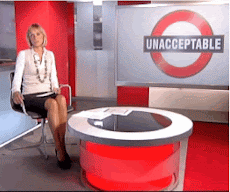
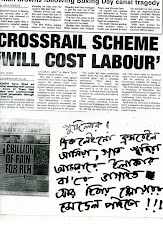

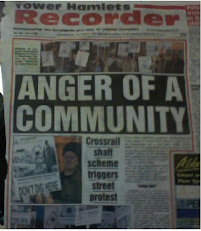
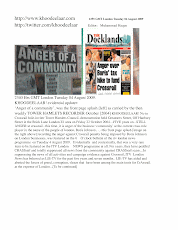
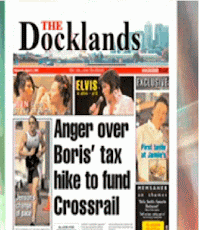


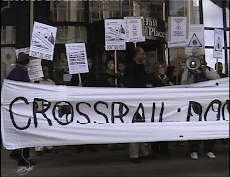

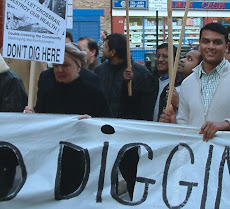

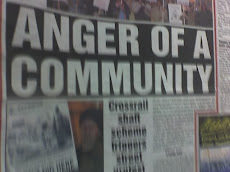
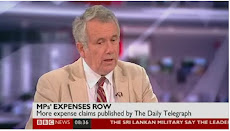

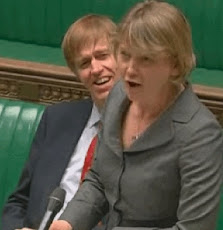

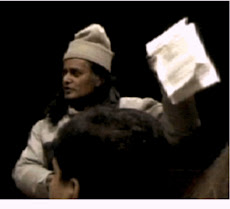
No comments:
Post a Comment